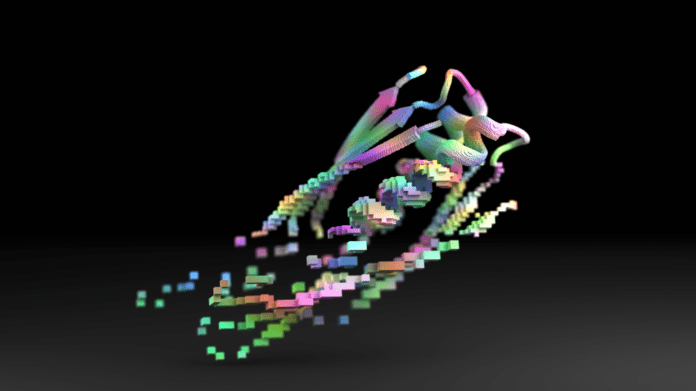AI similar to the kind used to make images is now employed to design synthetic proteins. This revolutionary approach has significantly accelerated scientific research in the field. Susana Vazquez-Torres, a fourth-year graduate student at the University of Washington, focuses on creating new drugs for neglected diseases. She highlights the urgent need for more efficient and cost-effective therapeutics for snake bites, which claim thousands of lives each year. She has discovered that AI has significantly shortened the time it takes to develop promising compounds.
The potential of AI in science is being discussed at the U.S. National Academies, with a focus on how AI can facilitate problem-solving in crucial areas such as disease management and climate change. Yolanda Gil, from the University of Southern California, expressed the belief that AI could enable more systematic, comprehensive, and error-free research. The idea is to have AI systems collaborate with scientists to plan and execute experiments, particularly in light of the complex technical challenges that the world faces.
Researchers at the University of Washington are utilizing diffusion modeling, the same AI technology employed in popular AI image generators like DALL-E and Midjourney. This sophisticated system has the capability to generate specific shapes, which makes it ideal for designing proteins, and is especially handy for the job. It requires examples to learn from and has access to a vast database of proteins. However, the extent to which fields will benefit from AI is still ambiguous, with Maria Chan from the Argonne National Laboratory emphasizing the limited availability of the data and complexity of materials that AI could help with.
The potential application of AI across various scientific disciplines is also being explored. For instance, Hannaneh Hajishirzi, from the Allen Institute for Artificial Intelligence, aims to develop new AI systems akin to ChatGPT for science. The concept is to utilize AI to extract new ideas and hypotheses from scientific literature by identifying connections between studies. Yolanda Gil at the University of Southern California envisions a future where AI systems can autonomously plan and execute experiments, which she believes has the capacity to greatly impact scientific research. She aims to develop entirely new kinds of AI that can reason better than the current models to maneuver the challenges associated with fabricating information and making mistakes.









